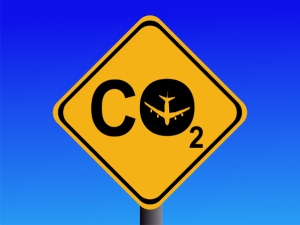Coronavirus and ‘The Tragedy of the Commons’
(Versión en español abajo)
Since the last few weeks, we are all confronted with the impacts of the pandemic caused by the COVID-19. There is a lot of discussion on how the Coronavirus can be fought, which measures should the governments implement, how effective are they going to be, how long will the measures last, etc. In about two months since the implementation of measures, China and other Asian countries (like South Korea, Japan, Singapore) were able to control the pandemic in their territory and now they can finally take a breath and slowly some of their citizens are returning to their normal life. Should we expect same results in the Western countries?
Hopefully. But it will be not surprising if Asian countries (China, South Korea, Japan, Singapore) prove to have achieved a faster control of the epidemic than what may happen in Western countries. One key of success might be within the ‘culture’ of Asian countries. There, the ‘collective’ is more important than the ‘individual’. Continue reading “Coronavirus and ‘The Tragedy of the Commons’”

 positive outcome from the yearly negotiations in the UN climate change conferences (COPs). For me, it always sounds like the same, Europe committing
positive outcome from the yearly negotiations in the UN climate change conferences (COPs). For me, it always sounds like the same, Europe committing The measurement of our impact in the planet
The measurement of our impact in the planet